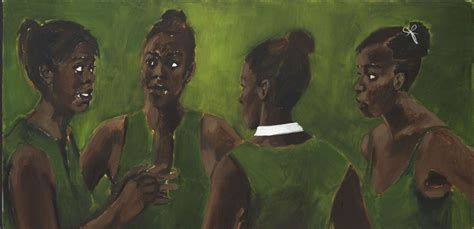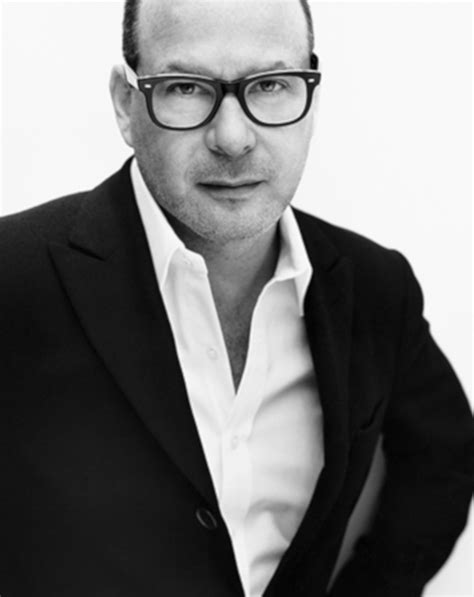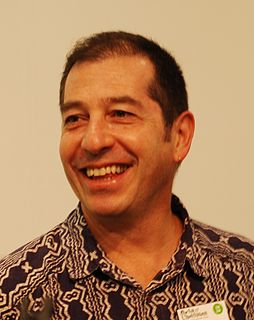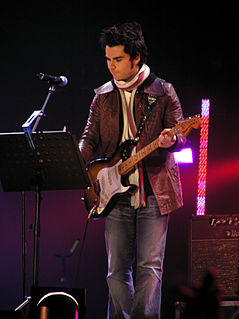A Quote by Lynette Yiadom-Boakye
The timelessness is completely important. It's partly about removing things that would become in some way nostalgic. There aren't really any markers of time, like furniture or a particular style of shoe that denote a particular period or place. I think that's why I like the outdoors, because it removes a sense of time and I want the painting to feel timeless, because it increases that sense of omnipotence.
Related Quotes
I think it's so important that you understand what you're trying to accomplish, what you're trying to say. Timelessness is never a thing I think about. If you try to make things timeless, you can end up with things that are neither exciting nor timeless. It's sort of like aiming for the middle in a way. At the same time, I never want to have to use the word trendy because it's not really what interests me. That's something that is gone tomorrow.
I think it [Trouble In Mind] was the only time Divine didn't appear in drag, or certainly one of the few times, anyway. Alan created a time and place that was no time and no place, so it was not identifiable with any particular period or any particular city or any particular country, for that matter. I mean, everybody spoke English, but that was about it. So you couldn't pigeonhole that film.
Some of the stories I admire seem to zero in on one particular time and place. There isn't a rule about this. But there's a tidy sense about many stories I read. In my own work, I tend to cover a lot of time and to jump back and forward in time, and sometimes the way I do this is not very straightforward.
Surfing and music have always been two completely separate things in my life, and a lot of people, especially in the UK, don't really get surfing very much. They think it's the Californian dream. They're like, "Oh, so you're a surfer and you're this and that," and it's like, I go surfing because I like the outdoors. In England it's freezing cold, and it's usually dark and raining and it's the middle of winter, and you do it because it's invigorating. It's like going on a walk in some remote place on the planet. It's really - it's not very glamorous.
A lot of times, you design a logo to be timeless, but with something like the Olympics, timelessness is maybe not something you should be going for. Maybe you should be trying to come up with something that will really become associated with a moment in time, a few weeks, that happened, period. Then you look back, think about it and connect it with that time. It may look dated later but it will be still be evocative.
Because addiction is a developmental problem, the developmental stage is important, things like employment are important, things like having a sense of purpose, meaning and hope are important, and this is why there's been so many spiritual cures for addiction, because those things often give people a sense of meaning and purpose.
If you're not an actor, or if you're any other kind of artist, there's this sense that, "I must express this thing." Why make a painting if you don't feel like you have to for something inside of yourself? Why make a song if you don't feel like you have to because there's something that you need to get out? And when you're an actor and you're not performing text that you've written, I think there's this bizarre disconnect with the must-ness of it.








































